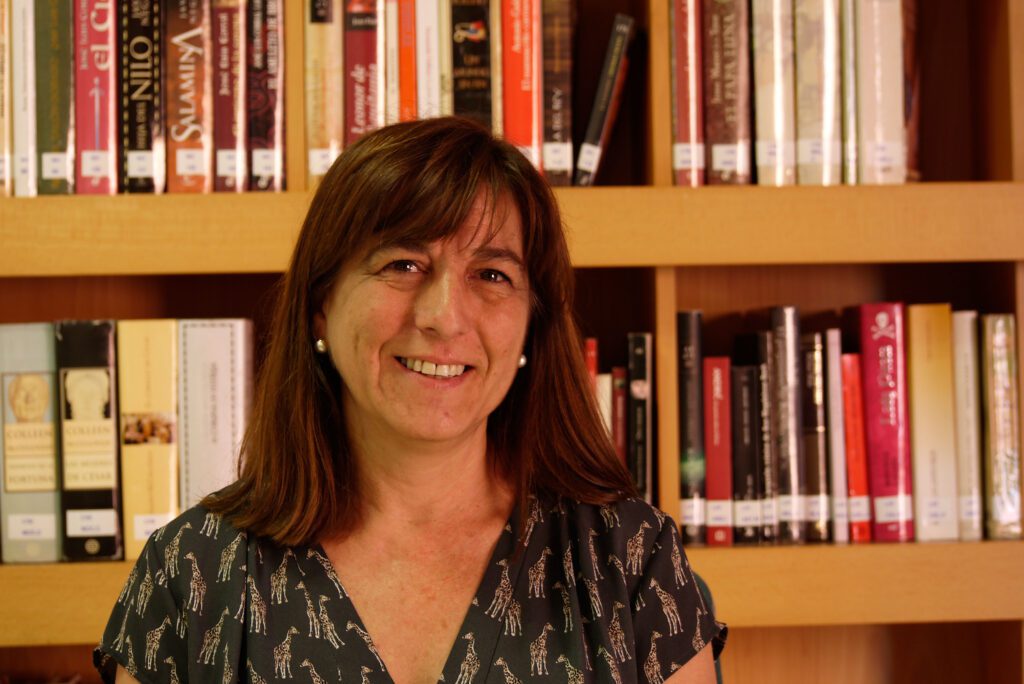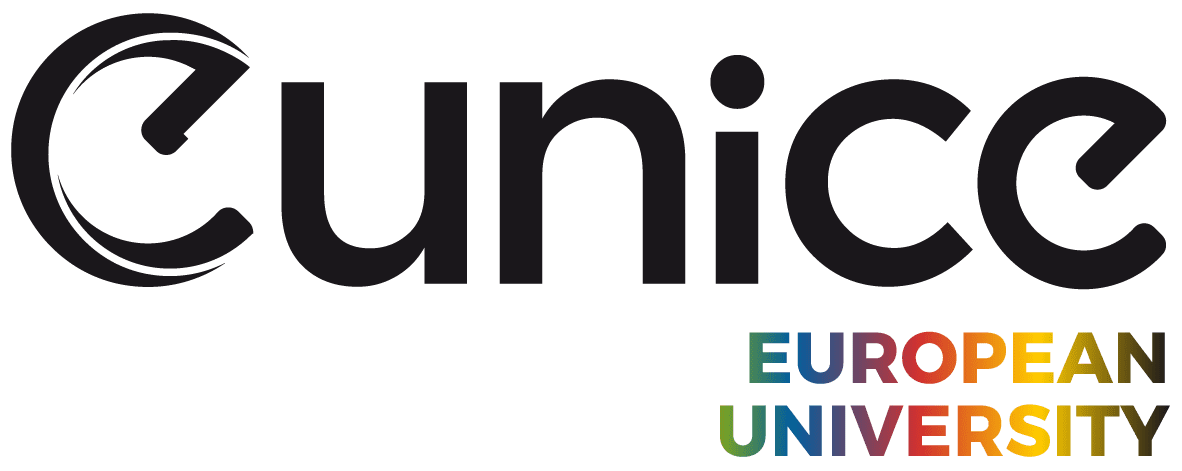Two decades ago, efforts for open access to scientific results got off the ground. A lot has happened since then. Almost half of the world’s scientific output is now immediately available in open access.
This year marks the twentieth anniversary since the Budapest Declaration for Open Access in 2002. This initiative was followed the year after by the Berlin and Bethesda declarations that marked the takeoff of the movement for open access to scientific results.
After twenty years, almost half of the world’s scientific production is immediately available in open access. Although there is still a long way to go, it is an achievement of the scientific community that seemed unthinkable a few years ago.
This year also marks the tenth anniversary of the launching of UCrea, the University of Cantabria open access repository, and of the approval of the Open Access Institutional Policy of our university by its Steering Committee. The preparation of the repository was a long process and a very important learning issue for the Library. We dealt with new software and new metadata, we had to be international standards compliant-as Open Aire- and, on top of that, we had to promote and convince the university community over time of the importance and benefits of implementing a tool like this.
ACCESS TO KNOWLEDGE
We were moved by an interest in facilitating access to the knowledge generated by the UC and disseminating and promoting its intellectual production. We had the support of our European Projects Office, which was very aware of the importance of openly publishing the results of the research projects financed by the European Union, as well as the support of the Rector’s Office and the Steering Committee, which not only facilitated the implementation in progress of UCrea but also approved an institutional policy that recommends and promotes the open publication of UC’s production.
In addition to decisively creating and promoting the repository and open access, our Library was very actively involved in cooperative work with other members of the national network of academic libraries (REBIUN) to coordinate and promote the generation of repositories, the creation of a national collector (RECOLECTA) supported by FECYT (Spanish Foundation for Science and Technology, a national ministerial body), the creation of evaluation and measurement tools, etc.
COLLABORATIVE RESEARCH
In these ten years, the repository has turned out to be an essential tool for the procedure of analysis and evaluation of the research activity and is at the base of the Research Portal that disseminates and promotes all the research results of the institution. Because open access and institutional repositories are also a way of being accountable to society, of opening up to the community the knowledge generated in its scientific institutions, which is something unavoidable in our digital society.
But Open Science is much more than open access to scientific publications, it also refers to methods, raw data, review procedures, etc. Open Science is a boost to the efficiency, productivity and performance of research work, by pooling resources and results within the framework of an increasingly collective and collaborative conception of research. This is promoted in an increasingly mandatory way by public science funding agencies.
Open Science seeks greater transparency of procedures, reproducibility of experiments and inquiry methods, and data sharing, and all of this favors the reliability of scientific results, ensures the validation of knowledge.
Open Science also has an ethical, social and cultural dimension, as it pursues free access to knowledge and its outcomes for all humanity. It makes scientific work available to all of society. And it therefore constitutes an ethical commitment for many of us who work in the service of science and knowledge.
There is indeed a long way to go. In these years, open access has consolidated in a proportion that we were not sure of being able to achieve and the stage that is now opening before us means working with the same level of commitment in opening up all the other aspects of scientific work: data, methodologies, algorithms, review, citizen science and whatever is necessary to complete this new knowledge generation model.
ABOUT THE AUTHOR

María J. Saiz. She was once trained as linguist and also as librarian, but her professional performance has been developed in university libraries. For some years she has been the Head librarian in the UC, and it’s been interesting times of change. She’s interested in changes and challenges in scientific communication and continuous learning. Outside of the university she dedicates her time to her family and friends, films and reading.





